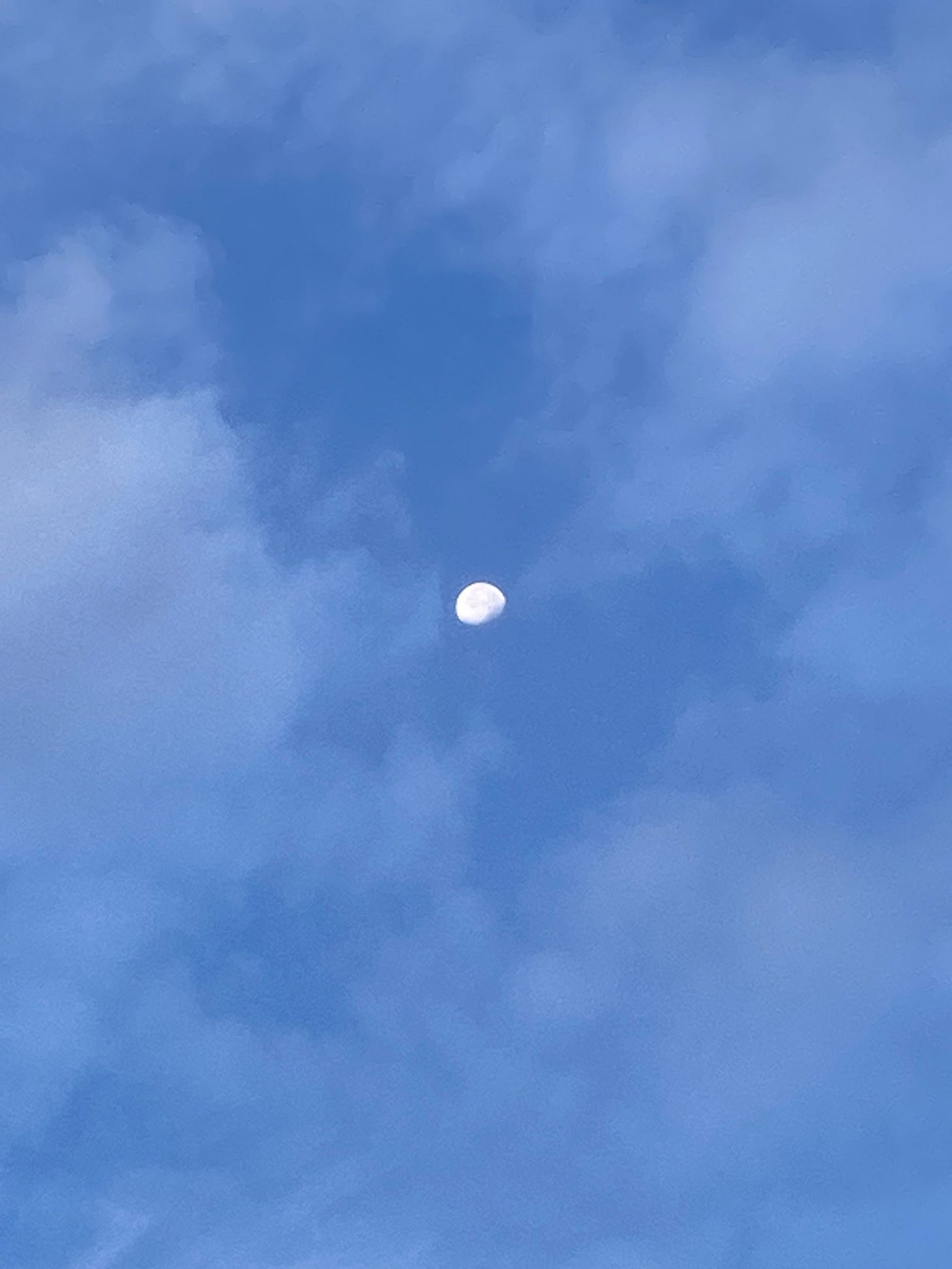One of the differences, I’m finding, between public philosophy and private philosophy is that the former is full of well-established trails, whereas the latter is largely an unexplored territory in which bushwhacking is required if you want to blaze a path to wisdom. For instance, there are probably hundreds of books on a typical public philosophy topic like free will vs. determinism, whereas there are few if any about, say, understanding and navigating the varieties of grieving.
In the many years that I worked on Internet protocols, we used to distinguish between clear-cut problem spaces and messy problem spaces. For instance, encryption is a clear-cut problem space: either an attacker can eavesdrop on communication or they can’t. By contrast, internationalization (a.k.a. i18n) is a messy problem space because of the hundreds of languages and writing scripts we humans use, the serious potential for ambiguity and confusion depending on context, etc. Since I worked on both encryption and internationalization, I can attest that problems in both spaces can be hard to solve, but they’re hard in different ways.
Similarly, private philosophy strikes me as much messier than public philosophy because it’s rife with confusing ambiguities, contextual subtleties, difficult tradeoffs, emotional entanglements, and other factors that militate against the application of clear-cut rules.
This might be why philosophers have traditionally shied away from the private and the personal, leaving such matters to novelists and psychologists. Having just read a beautifully insightful novel by Willa Cather, and having read my share of the psychological literature over the years, I greatly appreciate what novelists and psychologists bring to the table. Even so, I’ve always felt that, at its best, philosophy too can make unique contributions to the great task of living: an emphasis not just on personality but also on character development and ethical aspiration, well-reasoned examination of alternative perspectives, a drive toward wisdom and sagacity, pursuit of profound meaning, and a high-minded idealism about human potential and human fulfillment.
Trying to understand these matters for myself while bushwhacking through the undergrowth of life is, however, quite a challenge. Thankfully the task is made easier because of interaction with those who are dear to me, both living loved ones (you know who you are) and a variety of “ancient friends” (Aristotle, Shakespeare, Montaigne, Thoreau, George Eliot, Willa Cather, etc.). It also helps that, no matter how dense the thickets may be, eventually the sky above will always clear to a pure and crystalline blue.



As usual, you've given me much to think about with this piece and others in the series. I wonder what you think of an observation that came to me while reading this one: could a distinction between public and private philosophy be, at least in part, a distinction between philosophy and psychology? Or perhaps: academic philosophy and applied psychology?